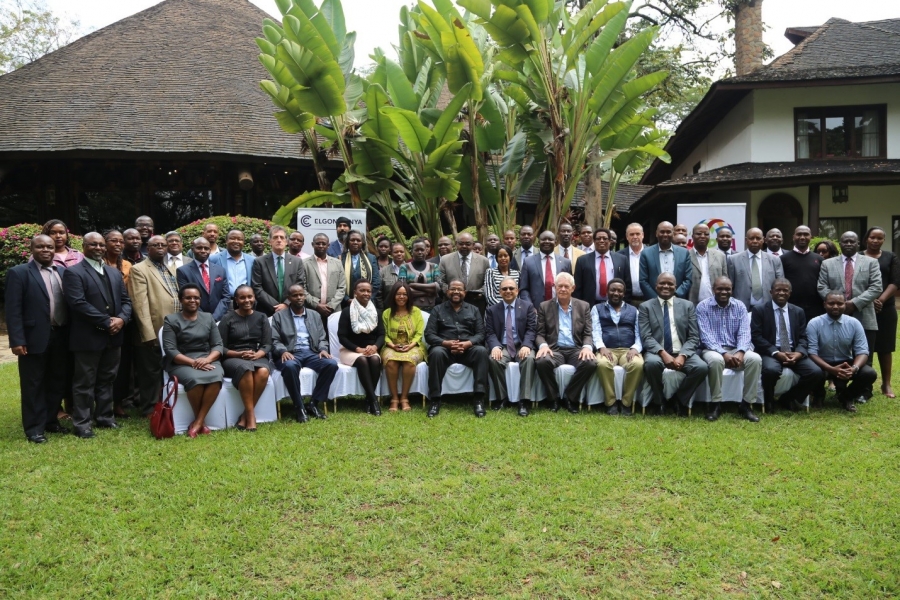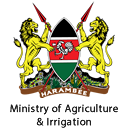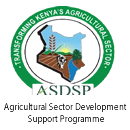Lobby and advocacy groups such as Business Member Organisations (BMOs), Services Enablers such as development partners and implementing agencies and Services Providers the likes of agrochemical, fertilizer, machinery, seed companies among others are pulled together under respective umbrella organisations to nudge industry and government on measures to improve their value-chains. To speak in unison and steer towards the same direction, most of these organisations are members of Kenya Private Sector Alliance (KEPSA).
KEPSA has the convening-power to bring these organisations and others, for instance, the World Bank, African Union and UN agencies on the same table. With good fortune, the Alliance has also found in the Ministry of Agriculture a listening partner actively present in its initiatives of turning the sector around.
What are the gains achieved by the private sector in 2019?
a) The Crops (Irish Potato) Regulations, 2019 were gazetted on 5th April, 2019. The Regulations address the challenges brought by the use of extended bags. With the regulations in place the allowable maximum weight per unit package is 50kgs. Implementation of the regulations is ongoing with active support by NPCK;
b) The Agriculture Sector Transformation and Growth Strategy (ASTGS) and the National Agriculture Investment Plan (NAIP) officially unveiled in July 2019. The ASTGS aims to reinforce the position of agriculture as a major driver of economic growth for the country;
c) Pesticides which were previously VAT exempt were Zero rated in the Finance Bill 2019 hence making pesticides more affordable to farmers. This was a key request from the sector;
d) The Warehouse Receipt Systems (WRS) Act 2019 was gazetted on 18th June 2019. Draft regulations are under public review;
e) The draft Dairy regulations 2019 were withdrawn and are under public review;
f) KEPSA was appointed to the Livestock Master Plan Steering Committee, Board of Kenya Tsetse and Trypanosomiasis Eradication Council as well as various KEBS Technical Committees (TC);
g) KEPSA was appointed to sit in a joint subcommittee on implementation of the ASTGS 2019;
h) Agriculture stakeholders have reached a consensus on the formation of an umbrella body for the entire sector;
i) Members were trained on Market Access Promotion through Regulatory Compliance (SPS & TBT) and Trade Facilitation as well as voluntary certification.
As these achievements are celebrated, the private sector is still cognisant of the challenges that are yet to be surmounted. In raising these issues, stakeholders are also suggesting viable interventions to policy makers and regulation agencies as well as inviting opinions of the farming community towards prosperity. Notably, concerns arising from a workshop held in December 2019 are as follows;
In Livestock, a myriad of issues plague the sub-sector. They include access, affordability and quality of feeds; seed standardization; uncoordinated value-chain actors (VCA) efforts; drug safety and use; restrictive policy regulations on local drug formulation.
In Fisheries, critical concerns were; Inhibitive cost of production of raw material i.e soya; value chain mapping; failure of Implementation and enforcement of FIQA Standards; absence of private sector participation at policy-making level and inaccessibility of investment and distribution channels.
In Crops, areas of concern include; Monitoring of quality seed at agrodealer level, high cost of chemicals, traceability issues, post-harvest losses, harmonization of regulations between MOA and MOH and lack of diversification.
Across all value-chains, lack of extension services at county level, unsustainable sub-division of agricultural land, land use policy, meagre budgetary allocation at national and country level, supply chain deficiencies, storage, policy and enforcement, standards and certification requirements, high costs of production; uncoordinated VCA effort, absence of strong Intellectual Property (IP) regime to spur research and innovation; price controls and volatility and information dissemination continue to be a hindrance to the growth of Agriculture enterprises.
Big Strides
Among the great plans for the revamping of the sector is the formation of an apex entity to house all VCA and Value-Chain Organisations (VCO). The mandate of the said body, as envisioned, is to create a single platform where all stakeholders can advance the agriculture sector policy agenda in an integrated and collaborative manner and, further, effectively partner with the National and County Governments through a three year-high priority action plan. This organisation will be launched in a summit due February 2020.








